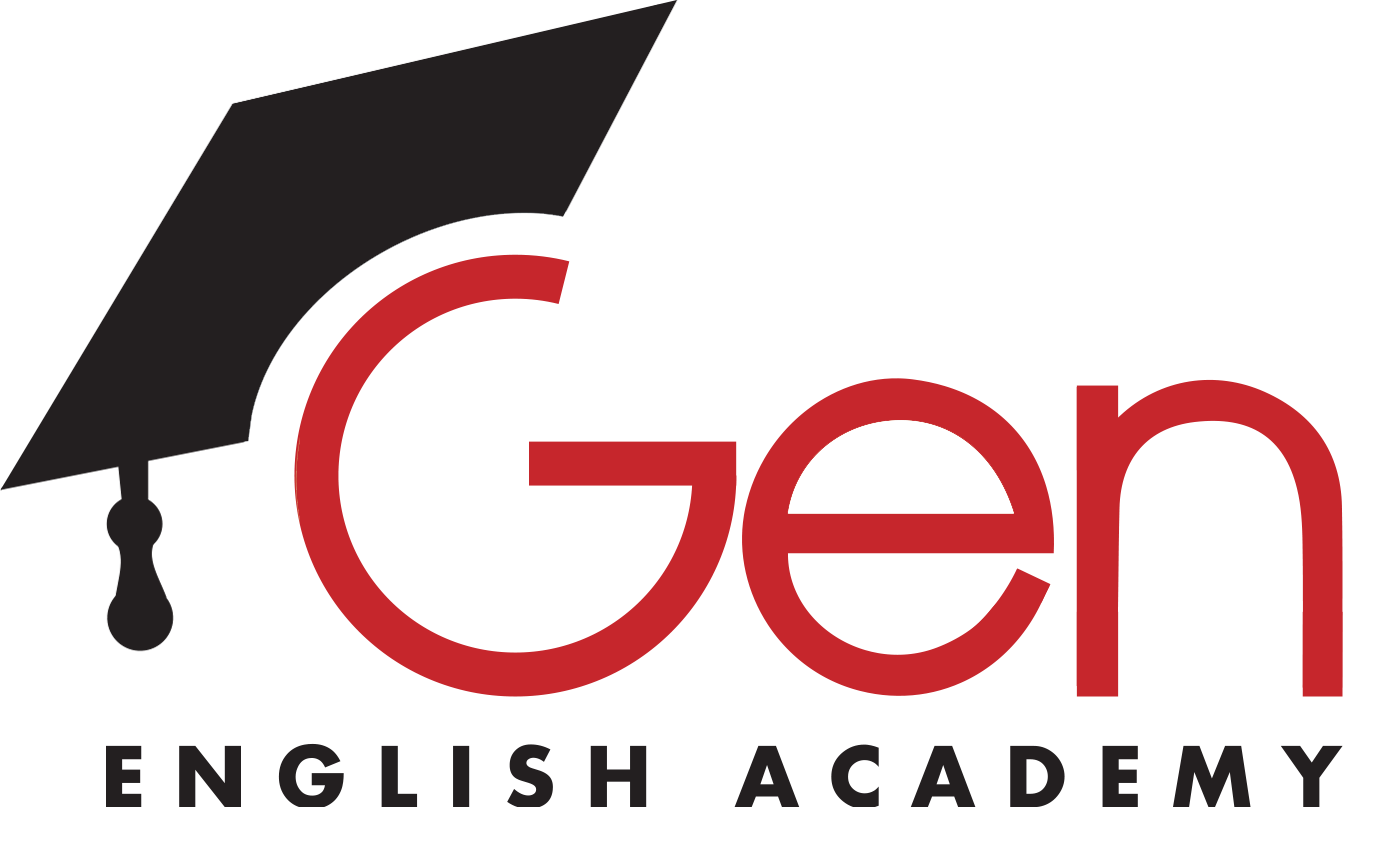The International English Language Testing System (IELTS) is designed to help you work, study or migrate to a country where English is the native language. It is an exam that tests a candidate’s English proficiency across the four skills of listening, reading, writing and speaking. The test is co-owned by the British Council, the IDP Australia and Cambridge ESOL Examinations division.
The onus of conducting the tests across the globe lies on the British Council and the IDP. The IELTS is delivered as a paper-based and computer-based test. The version of the IELTS- Academic or General Training- depends upon your reason for taking up the test. A candidate is scored in full and half bands across the four modules and is also given an overall band score, with 0-band being the least and 9-band being the highest score on offer
Many of the candidates planning to take IELTS, get nervous assuming that the exam is difficult. It is not a herculean task as being assumed by the test takers; in case you have prepared well for the test then you can easily score high in the exam
IELTS score scale
The higher you can score in your IELTS, reflects a better understanding and ability to communicate in English. Each immigration body, university, workplace or institution will have specific IELTS score requirements. The score you need will depend on what you are looking to do in the country, i.e work or study.
IELTS uses a 9-band scoring system to report test scores in a consistent manner. You receive individual band scores for Listening, Reading, Writing and Speaking and an Overall Band Score on a band scale from one to nine.
Band Score 9 | Skill Level - Expert
The test taker has fully operational command of the language. Their use of English is appropriate, accurate and fluent and shows complete understanding
Band Score 8 | Skill Level - Very Good
The test taker has operational command of the language, though with occasional inaccuracies, inappropriate usage and misunderstandings in some situations. They generally handle complex language well and understand detailed reasoning.
Band Score 7 | Skill Level - Good
The test taker has operational command of the language, though with occasional inaccuracies, inappropriate usage and misunderstandings in some situations. They generally handle complex language well and understand detailed reasoning.
Band Score 6 | Skill Level - Competent
The test taker has an effective command of the language despite some inaccuracies, inappropriate usage and misunderstandings. They can use and understand fairly complex language, particularly in familiar situations.
Band Score 5 | Skill Level - Modest
The test taker has a partial command of the language and copes with overall meaning in most situations, although they are likely to make many mistakes. They should be able to handle basic communication in their own field.
If you are able to read and understand what is contained in this website, we assure you that you have the potential to score at least the fifth band. If you tackle IELTS with hard work and determination, you can be a master of it.
IELTS Exam Types
Measures the proficiency of English language usage in an academic, higher learning environment
Listening:
- - Around 30 Minutes
- - An extra 10 minutes to copy the answers to your answer sheet
- - 4 sections
- - 40 Questions
Reading:
- - 60 minutes
- - 40 Questions
- - It includes diagrams, graphs or illustrations
- - Three long reading passages with 40 questions
- - Texts are taken from books, journals and newspapers
- - Texts range from descriptive and factual to discursive and analytic
Writing Academic:
- - 60 minutes
- - TASK 1 - Summarize, describe or explain a graph, table, chart or diagram (at least 150 words)
- - TASK 2 - Write a short essay (at least 250 words)
Speaking:
- - 11-14 minutes
- - Oral interview (face-to-face)
- - Includes short questions, speaking at length about a familiar topic and a structured discussion
Measures the proficiency of English language usage in a practical, everyday context.
Listening:
- -30 Minutes
- - An extra 10 minutes to copy the answers to your answer sheet
- - 4 sections
- - 40 Questions
Reading:
- - 60 minutes
- - Three reading passages with 40 Questions
- - Section 1 contains 2-3 short factual texts
- - Section 2 contains 2 short factual, work-related texts
- - Section 3 contains a long text on a topic of general interest
- - Texts are taken from company handbooks, official documents, books and newspapers
Writing:
- -60 Minutes
- - TASK 1- Write a formal/semi-formal/informal letter (at least 150 words)
- - TASK 2- Writes a short essay (at least 150 words)
Speaking::
- - 11-14 minutes
- - Oral interview (face-to-face)
- - Includes short questions, speaking at length about a familiar topic and a structured discussion

